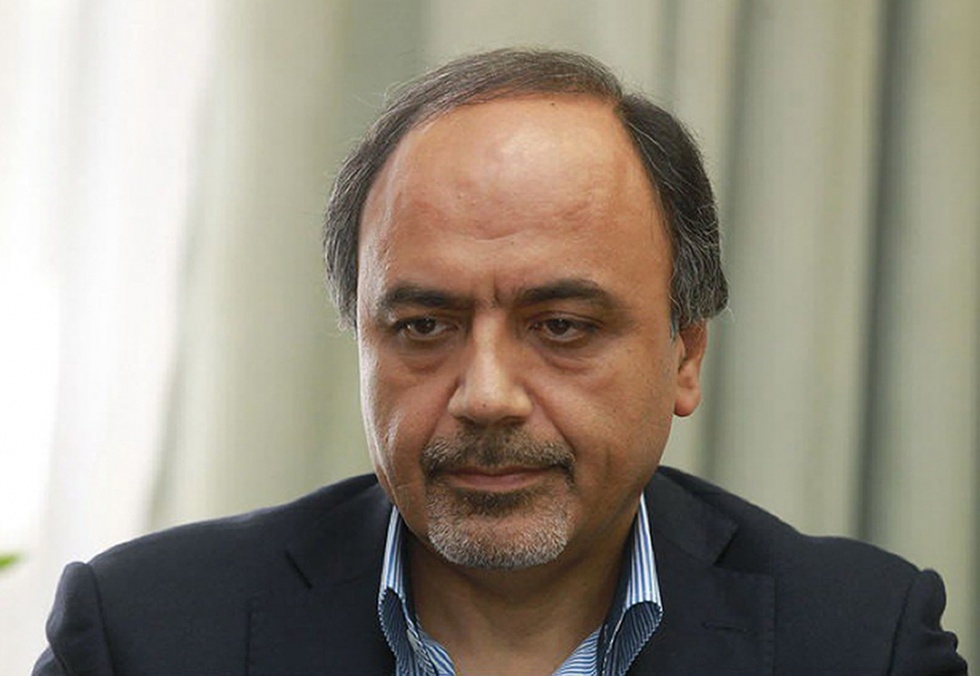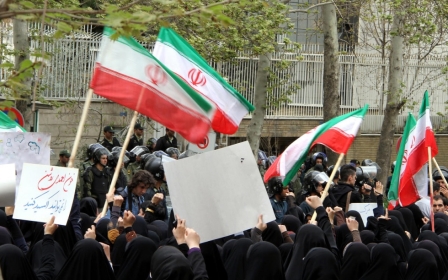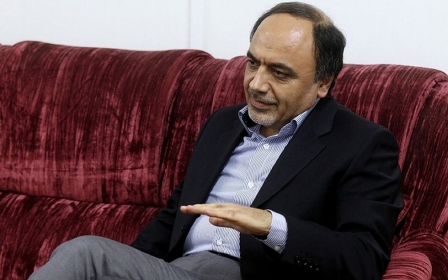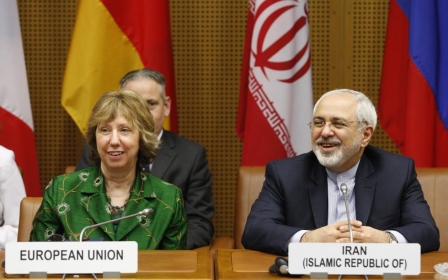Obama signs law to ban Iran’s UN envoy from entering US

US President Barak Obama signed a bill into law on Friday which bans the man Iran has chosen to be its envoy to the UN from entering the United States. This follows the bill being unanimously passed in the US House of Representatives and the US Senate.
The reason for this move are allegations that the Iranian representative, Hamid Aboutalebi, has links to the US embassy hostage crisis that took place in Tehran in 1979 in which 52 Americans, including US diplomats, were held hostage for 444 days. Aboutalebi's purported link to “terrorist activities” is the main cause of concern according to the US.
"I share the Congress' concern that individuals who have engaged in such activity may use the cover of diplomacy to gain access to our nation," Obama said when he signed the bill. The law bars “any representative to the United Nations who the president determines has been engaged in terrorist activity against the United States or its allies and may pose a threat to US national security interests."
Iran denies the allegations, as does Aboutalebi himself who claims he only ever acted as a translator on a few occasions for the Iranian students involved in the hostage crisis and was not himself involved in any terror related activities.
Aboutalebi has had a long political career, is a senior political adviser to Iranian President Rouhani and has been Iran’s ambassador to Italy, Belgium and Australia. He has also been issued with a US visa in the past.
New MEE newsletter: Jerusalem Dispatch
Sign up to get the latest insights and analysis on Israel-Palestine, alongside Turkey Unpacked and other MEE newsletters
The American decision is controversial as, while they do have the right to regulate who enters their sovereign territory, the UN Headquarters are based in New York and therefore all ambassadors to the UN need a US visa to attend meetings at the UN. The new American law seems to contravene the 1947 Headquarters Agreement whereby the US is expected, as host country, to grant visas to anyone invited to the UN building. This appears to be the first time the US has so publicly rejected access to a UN representative.
In an attached statement to the new law Obama left himself presidential discretion to wave the rules when he feels it appropriate and is thus treating the law as “advisory only”.
Iran has lodged a formal complaint with the UN over this rejection and has continued to stand by their choice of ambassador despite US pressure.
So far though the UN seems to be considering this a “bilateral issue” between the two countries and are not publicly getting involved, leaving it to the two countries to sort out between themselves.
There have been some fears that this may lead to a deterioration of relations between the two countries, relations which are already relatively sensitive as talks over Iran’s nuclear programme continue.
According to Iran's deputy envoy at the UN, Hossein Dehghani,"This decision of the US government has indeed negative implications for multilateral diplomacy and will create a dangerous precedence and affect adversely the work of intergovernmental organisations and activities of their member states."
Middle East Eye delivers independent and unrivalled coverage and analysis of the Middle East, North Africa and beyond. To learn more about republishing this content and the associated fees, please fill out this form. More about MEE can be found here.




